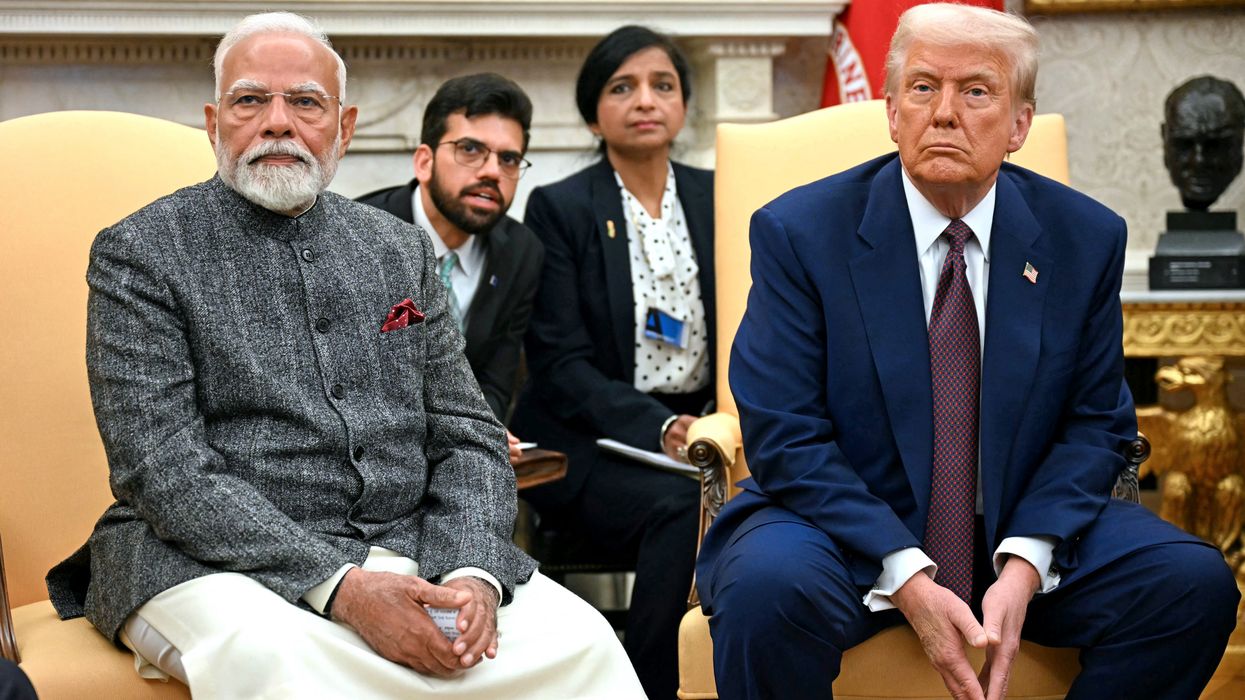INDIA’S finance minister Arun Jaitley today unveiled a scheme to give tax dodgers another chance to come clean, as he sought to bring billions of dollars worth of undeclared income into the mainstream economy.
The move follows Prime Minister Narendra Modi’s decision to scrap 500-rupee and 1,000-rupee banknotes in a bid to flush out cash earned through illegal activities, or earned legally but never disclosed.
Under the proposed scheme, a person making the declaration would have to pay 50 per cent in taxes and surcharges. The individual would also have to park a quarter of the total sum in a non-interest bearing deposit for four years.
While Jaitley expects the scheme to discourage tax evaders from laundering their ill-gotten wealth, experts said there was no better alternative to sweeping tax reforms.
“Since it offers clarity on how unaccounted cash will be taxed, it can help in cleaning up the cash economy,” said Vishal Malhotra, a tax partner at Ernst & Young.
“But you must follow it up with a drastic reduction in tax rates to improve compliance.”
In the first week after India’s so-called “demonestisation” drive, banks received $74.2 billion in fresh deposits. Analysts at HSBC expect the deposits to swell by $164 billion by end-December.
The surge in deposits, particularly in previously empty accounts, has alarmed tax authorities who fear poor account holders are being lured into laundering money on behalf of big-time tax evaders.
The new scheme comes barely a month after a similar drive managed to unearth $9.5 billion in undeclared income and assets. But with cash estimated to make up just six per cent of illicit wealth, the disclosures might not be of the same proportion.
Last year, an amnesty aimed at unearthing foreign assets fell short as fewer than 700 people availed of it, paying about $364 million in taxes.
Modi’s administration has billed the “demonetisation” drive a “surgical strike” on black money, which has sucked out 86 per cent of cash in circulation and pushed Asia’s third-largest economy to the brink of a liquidity crisis.
Opposition parties led by Congress have stalled parliament, demanding a reply from Modi and compensation for the families of dozens of people reported to have died while queuing at banks to swap old money for new.
On Monday, they took to the streets protesting against Modi’s decision to cancel 500-rupee and 1,000-rupee banknotes as legal tender.











